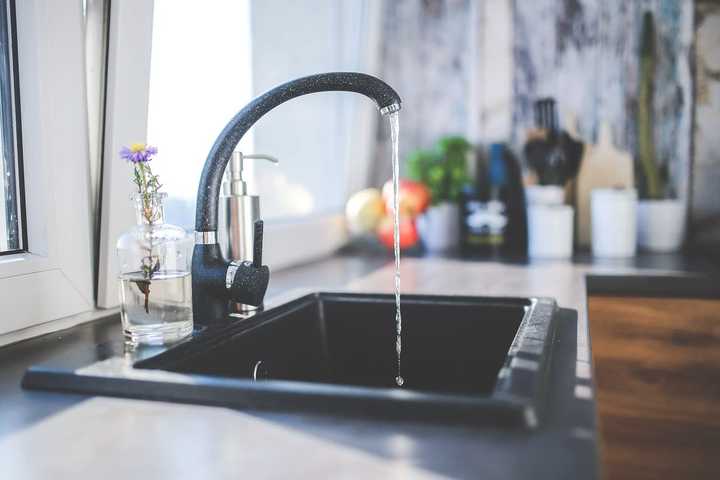On Wednesday, Nov. 20, the state heightened its drought advisory for the Hudson Valley from a watch to a warning, though immediate concerns for Rockland's water sources remain minimal for now.
Officials said the longer the region experiences dry conditions, the more pressing the concern becomes.
A Drought Warning is the second in a four-stage advisory system that includes watch, warning, emergency, and disaster.
Under the current Drought Warning, local public water systems are advised to revisit and activate their drought contingency plans.
"There is still time for our water resources to recover before the spring," stated Sam Rulli, director of Environmental Health. He noted that while some rain is expected, its benefits to the water systems might not be immediate. "Water conservation can help minimize the stress on our water systems."
Residents and businesses throughout the Hudson Valley are urged to adopt voluntary water conservation measures. These efforts are crucial to maintaining reservoir levels and staving off a more critical shortage in the near future.
In 2020, the Rockland County Task Force on Water Resources Management implemented a Comprehensive Water Conservation and Implementation Plan, proposing 20 specific measures to bolster conservation efforts. The plan targeted the public, businesses, educational institutions, and government bodies.
Highlighted conservation practices include:
- Limit shower times and fill bathtubs only halfway.
- Avoiding unnecessary toilet flushes.
- Running dishwashers and washing machines only when fully loaded.
- Promptly fixing any leaks in plumbing and hoses.
- Turning off taps while brushing teeth or shaving.
- Using brooms to clean driveways instead of hosing them down.
Moreover, residents are encouraged to invest in EPA WaterSense and Energy Star-certified appliances and fixtures to enhance water efficiency. Rebates are available through programs like Veolia’s Conserve Rebate Program until Dec. 31.
Businesses are also advised to prepare water emergency operation plans, which include understanding usage patterns, prioritizing essential operations, and training staff on emergency protocols.
For more tips on water conservation, community members can visit the US EPA WaterSense website and the NYS Department of Environmental Conservation.
Click here to follow Daily Voice Callicoon and receive free news updates.
